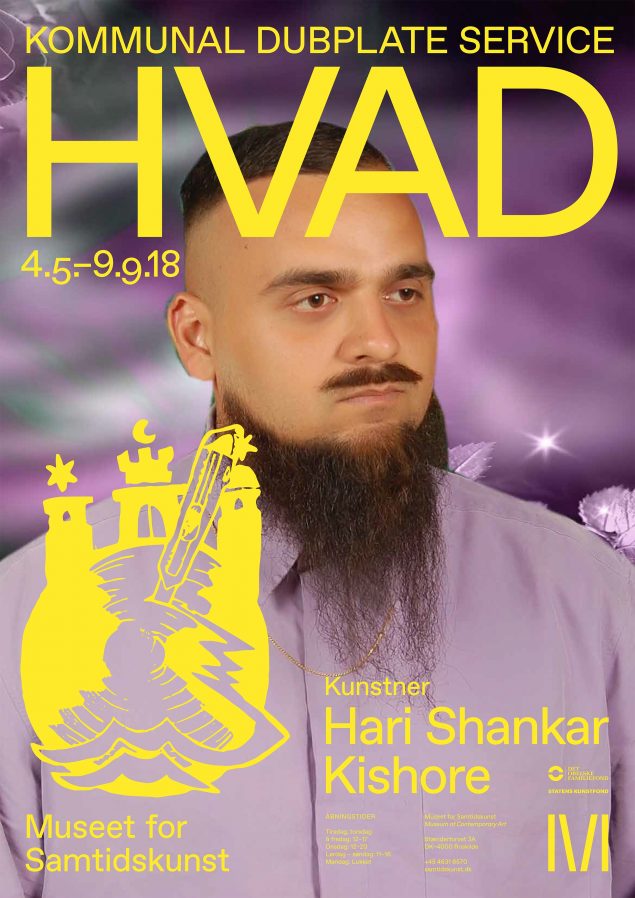

While initially a selection process was planned, in the end, Kishore says, they didn’t feel it was appropriate to exclude anyone.īur says that on the first day, when Kishore asked the participants to describe their relationship to music, the answers were pretty diverse. Musician, artist, and curator Yara Mekawie, a participant who has performed previously at 100Copies, says it was “super news” when she heard that vinyl cutting would be possible in Egypt again. These 12 had responded to an open call issued by 100Copies and DEDI. Some participants have worked together before.
#Dubplate service professional#
Heba Rifaat is a professional vocalist, for example, and Nouran Sherif and Ola Saad are sound and visual artists. The 12 workshop participants are of varied backgrounds, but each has their own artistic practice. “We’re going to transfer the entire dubplate studio to the stage,” he says. Kishore has been in Cairo running a training workshop that started on 5 December and finishes on Saturday night with the live performance of a five-minute track that will then be mastered and cut in front of the audience. “This is the sort of thing that makes me love my job,” says Muna Bur of DEDI, explaining that the institute’s idea of civil society is pretty broad.

Later in 2011 DEDI issued a call for proposals on the topic of civil society and transition, and Refaat and Hari proposed setting up a sister studio to the Kommunal Dublate Service in Egypt, where apparently there is no vinyl pressing business still functioning. DEDI responded with enthusiasm and Kishore contributed a frenetic experimental performance that was by all accounts memorable. In spring 2011 Refaat approached the Danish Egyptian Dialogue Institute to ask if they could support Kishore’s trip to Cairo to perform in 100Live, Refaat’s yearly electronic music festival. Mahmoud Refaat, who runs 100Copies, met Kishore in Copenhagen one night in 2010 when they were playing at the same venue. In 2009, he set up the Kommunal Dubplate Service in Denmark. As he grew older, performed more widely, and made records, he realized he wanted to do the actual record-making himself. This meant there were a lot of records around when Kishore was growing up, and he says he started scratching records at eight years old and DJing professionally at 13. More immediately, the project is about “inspiring people to get into the studio and see their music transformed sound-wise and media-wise,” says Kishore, a musician and sound engineer from Denmark who finds records pretty inspiring himself.Ī long time ago Kishore’s father, having moved to Denmark from India, bought 1000 LPs super cheap – for the equivalent of LE100 – from a record shop that was closing down.


 0 kommentar(er)
0 kommentar(er)
